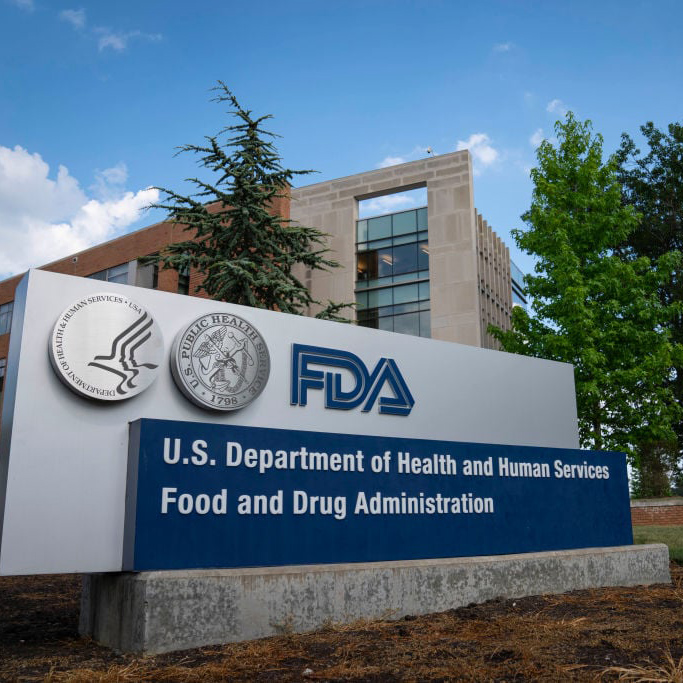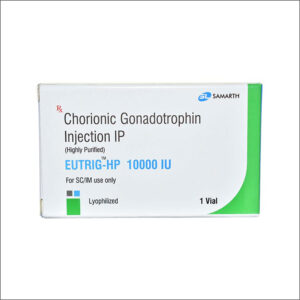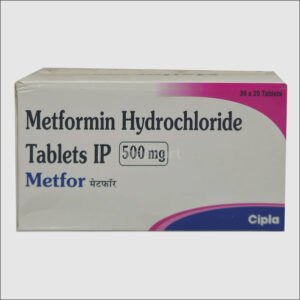U.S. Food and Drug Administration (FDA)
The U.S. Food and Drug Administration (FDA) has issued a strong warning advising consumers not to inhale nitrous oxide products due to serious health and safety risks. Commonly referred to as “laughing gas,” nitrous oxide is legally used for legitimate medical and industrial purposes, including as an anesthetic in dental procedures and as a propellant in whipped cream canisters. However, the FDA is raising the alarm about the growing trend of recreational use, particularly among young people, which can result in severe and sometimes irreversible consequences.
Nitrous oxide
Nitrous oxide, when misused, acts as a dissociative anesthetic, producing feelings of euphoria, giddiness, and a sense of floating. This euphoric effect has contributed to its popularity in social settings and party environments. It is often sold in small metal canisters called “whippets” or “chargers,” which are intended for culinary use but are being repurposed for inhalation. Users typically discharge the gas into a balloon and then inhale it, sometimes repeatedly over short periods.

FDA warns
The FDA warns that inhaling nitrous oxide directly can lead to a range of short-term and long-term health risks. Immediate side effects may include dizziness, lack of coordination, nausea, and fainting. More concerning are the potential long-term effects, which include nerve damage, vitamin B12 deficiency, and, in extreme cases, paralysis. Repeated or excessive use can disrupt normal brain and nerve function due to the gas’s interference with oxygen supply and vitamin absorption. Inhaling nitrous oxide in poorly ventilated areas can also result in unconsciousness or even death from asphyxiation.

Particularly Dangerous
Another risk is the method of inhalation itself. Many individuals use makeshift devices or inhale directly from pressurized canisters, which can cause frostbite to the lips, throat, and lungs due to the extremely cold gas release. This is particularly dangerous and can lead to permanent tissue damage. The FDA has emphasized that even occasional recreational use can be harmful, especially when done without medical supervision or knowledge of the risks involved.
The surge in recreational use has also prompted concerns among healthcare providers and public health officials. Emergency rooms have reported a rise in cases involving nitrous oxide intoxication, with some individuals suffering from long-term neurological symptoms. There is also an emerging pattern of addiction-like behavior, where users escalate their intake to chase the initial euphoric high, putting themselves at greater risk.
The FDA is also calling on retailers and manufacturers to play a role in curbing misuse. While nitrous oxide has legitimate uses, the agency is urging tighter control over sales, better labeling, and stronger public awareness campaigns to highlight the dangers of inhalation. Consumers are advised to read product labels carefully and to store culinary and industrial products containing nitrous oxide out of reach of children and teens.
Parents, educators, and community leaders are encouraged to talk openly with young people about the risks associated with inhaling substances like nitrous oxide. Preventative education, much like efforts aimed at curbing vaping and drug misuse, can be a powerful tool in reducing the growing trend of recreational inhalant abuse.
In summary, the FDA’s warning is a critical reminder that nitrous oxide, while useful in specific controlled settings, is not safe for recreational inhalation. The misuse of this gas can lead to serious health issues, including brain damage and death. The agency is urging consumers to remain vigilant and informed, and to avoid using these products in any way other than their intended purposes.
For more information or to report an adverse event involving nitrous oxide, consumers are encouraged to visit the FDA’s official website or contact their healthcare provider.






